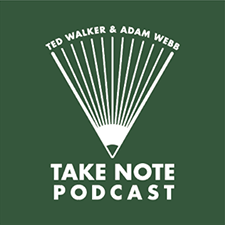Morning reading: Armantrout on Ashbery and dreams
Adam reads an interview with Rae Armantrout while listening to the Aizuri String Quartet.
I “discovered” the poet Rae Armantrout by running across one of her poems in a magazine and that poem (maybe “It” in the NYRB?) made me want to read everything she had written. I had known nothing about her before and then I began noticing her name in book reviews, journals, and other magazine.
Side note: The same thing has happened with the Aizuri String Quartet, who played with Wilco a few weeks ago, stuck in my head, and tonight I noticed they’re on BBC Radio via WFMT in Chicago.
Here are two passages I copied down from Armantrout’s Art of Poetry interview by Brian Reed in The Paris Review.
On John Ashbery:
In some ways, he seems like the opposite of Dickinson, because she uses odd, quirky idioms, making it strange all the time, and Ashbery uses the most familiar phrases. He says things you know you’ve heard before, and he’s sometimes invoking very familiar sentiments, too. But he always detours them, warps them, and you end up somewhere strange. You end up saying, Where am I? I thought I was just walking along this familiar path, and now, huh? Then we have to start again. He’s a poet’s equivalent of Marcel Proust, ion a way, always writing about time, the experience of being in time, losing track of time. With him there’s always the impression of some kind of secret that’s about to be disclosed but never is, a hidden center that the poem circles but will never get to. I like that.
On using pop culture in her poetry:
Pop culture can be compared to dreams. Dreams show you what you desire and what you fear. The difference, of course, is that money is involved in pop culture. Pop culture products are presented to you with the ideas of making money. But this wouldn’t work if it didn’t accurately reflect the audience’s wants or fears. Popular movies and songs can be a symptomatic read of the culture at any particular time.
Why Morning Reading? Sometimes it’s what I read in the morning and sometimes it’s for you to read in the morning. Mostly it’s a signifier that this blog post is primarily a quotation.

